Chapter Three: Bingo in the UK

A Global Game That is Growing in the UK
In this chapter we will cover:
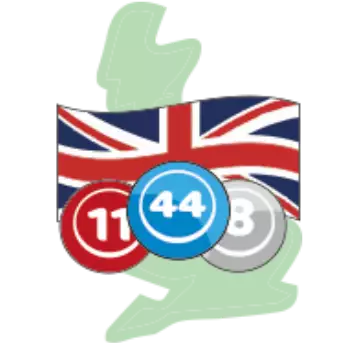
- The origins of bingo in the UK
- The evolution of UK bingo
- The rise of UK bingo halls
- Overview of online bingo participation
- Projected growth of the UK bingo market
The Origins of Bingo in the UK
 The history of bingo in the UK is a rich and often complex timeline of economic, cultural and legal turning points. Like the history of bingo at large, the evolution of the game in the UK is tricky to trace back to a definitive date. However, according to many leading historians, the first recorded instance of bingo as we know it today occurred in 1838.
The history of bingo in the UK is a rich and often complex timeline of economic, cultural and legal turning points. Like the history of bingo at large, the evolution of the game in the UK is tricky to trace back to a definitive date. However, according to many leading historians, the first recorded instance of bingo as we know it today occurred in 1838.
But to understand how the UK got to this point, it is necessary to step back in time a little further. In fact, it is necessary to travel back to the 1600s. Before the Puritans took control of the country and outlawed gambling plus virtually everything linked to entertainment, lotteries were a part of British culture.
Under the rule of Queen Elizabeth (1558-1603), the upper classes would often take part in lottery-style games. This culture eventually filtered down the class system and by the mid-1600s a poor man's lottery known as "shove groat" became popular in pubs across the country.
UK Bingo from 1660 Onwards
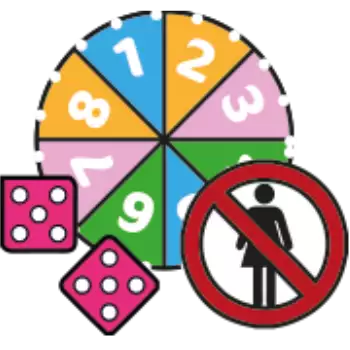
A temporary halt to lottery gambling happened when the Puritans came to power in 1649, but normal service was resumed just 11 years later when Charles II reclaimed his throne. From that period on, gambling in the UK, mainly through lottery-style games, became extremely popular. Indeed, even among those with little wealth, such as barrow women, gambling was a way to escape the harsh realities of life.
Although men were hot on gambling, it was lower-class women who first helped create the game of bingo. Although a primitive form of the game that lacked the finesse of today's version, early records from 1716 detail a random number-style game involving dice. This was based on the UK State Lottery that came into being in 1710.
Unfortunately, a law created by the Lord Mayor of London banned barrow women (working women) from dice games. Fortunately, however, they were able to get around this ban by using a numbered wheel instead of dice.
Bingo in the 20th Century
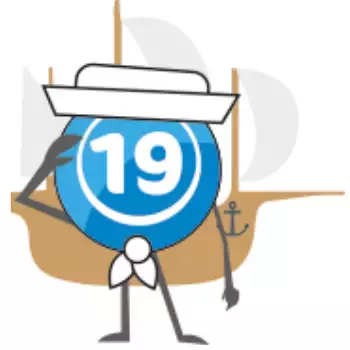
Eventually, through this combination of a state lottery (designed to raise money for the government) and a cultural desire to gamble, bingo was formed. Very early instances of the game are thought to have come from Malta, where the British Royal Navy had a base. From as early as 1814 the navy men were playing Maltese tombola, which was almost identical to modern bingo.
Alongside this game, John Stephens, an archaeologist, discovered a novel lottery game while on his travels to Mexico.
Similar to the lotteries he'd seen in the UK but with some subtle tweaks, Stephens brought the game back to the UK and that was the start of bingo in the UK.
Through a combination of international influence and naval necessity, bingo was eventually formalised in the early 1900s. According to military records, bingo was recognised as an official game on naval ships in 1880, and by 1914 the game was popular among all members of the crew. This popularity led to a need for solid rules and during this period balls from 1 to 90 were used, as were improvised game cards and markers.
The Rise of British Bingo Halls
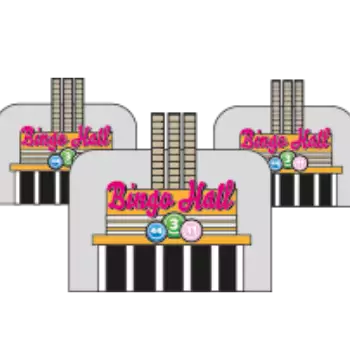
Despite bingo's popularity in the navy and British society as a whole, the First World War caused the game's evolution to stall. Aside from the distraction of fighting, the government outlawed cash betting in an attempt to stop the poor from gambling.
Once again, however, this was nothing more than a stumbling block in bingo's history. Indeed, "housey-housey" was popular with British soldiers during WWI and by the time the war was over in 1918, the game once again struck a chord with the masses.
Fast-forward to 1960 and the introduction of the UK Betting and Gambling Act. Until this time, bingo had been nothing more than a cottage industry made up of local games and seaside attractions. However, once the law allowed games such as bingo to be offered on a large scale, the industry became a commercial enterprise and the Great British bingo hall was formed.
The Great British Bingo Hall
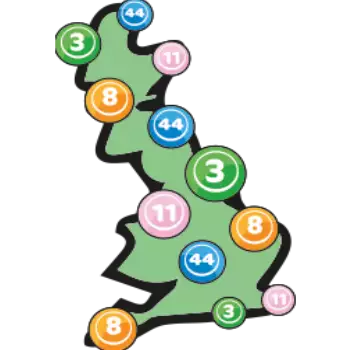
As much of a meeting place as a venue designed to offer games of bingo, the British bingo hall quickly became an institution. Although Catholic churches had previously housed local bingo games, dedicated bingo halls soon became the place to play. National operators began to open up venues in local areas (initially the vast majority of venues were opened in the north of England) and the game developed in two ways: local and national games.
In each town a bingo operator would offer nightly games with internal prize pools. However, as the game became more popular, more national games became common. By linking each local venue together for a special game each week, players were able to compete against their peers around the country and win some major prizes.
At its peak, the live bingo industry in the UK boasted more than 600 venues. However, as interest in the game began to wane in the 1990s, the number fell sharply. Today, less than 400 bingo halls are still in operation and many have since been turned into shopping outlets or nightclubs. Fortunately for the industry, online bingo has risen to prominence in the last decade.
Complying with modern tastes and filling the void left by the demise of live bingo, online bingo is now a booming enterprise with hundreds of operators, millions of players and hundreds of millions in prize money.
The Growth of Online Bingo

According to figures published by the UK gambling commission in 2015, the online bingo industry saw its annual revenue increase by 72.7% in 2014. Operators in the uk were able to rake in £76.7 million and enjoy a gross gambling yield of £7.76 million due to the following factors:
- Greater media exposure
- More players accessing the game
- The growth of mobile bingo (100% growth during 2014)
In 2008, when online bingo was a mere side project for many casino operators, it was estimated that 50,000 played the game. Today, that number has grown significantly. Across the UK's network of online bingo sites, the customer base is an estimated 3 million players.
Of this number, four out of five players are women. Moreover, women tend to spend approximately 47% more time playing bingo online than men and their average monthly spend is £120. Finally, when asked, 74% of bingo players say that they prefer playing online.
This final fact alone is a sign of things to come for the industry. As our timeline of UK bingo has shown, the game not only moves with the times but is directly influenced by it. With mobile gaming becoming even more popular, there is no doubt that online participation rates will continue to rise in the coming years which, ultimately, means the game will live on in British society for generations to come.








